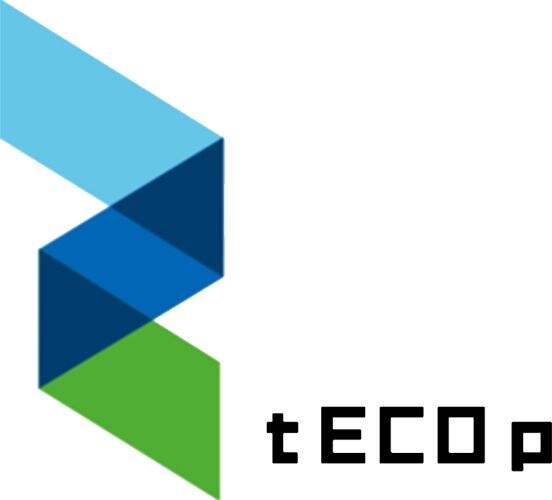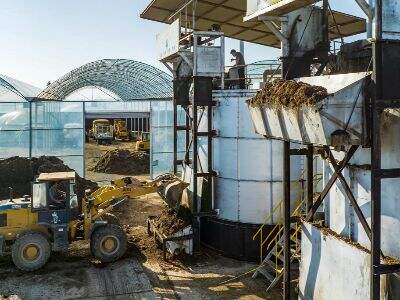In the latest talk, we discusses two of the community and farmer sector's biggest challenges, trash and rubbish from buildings or other municipal areas, and second, waste from farmland. We must thus recycle these wastes properly in order to conserve our ecosystem and utilize our resources efficiently. In this lesson, we will see, how municipal waste is managed, how the farmland waste can be used, why resource management is important, how agricultural waste can be better used and benefits of good waste management practices and environmental protection.
How Municipal Waste Is Handled:
Municipal waste consists of the trash people dispose of on a daily basis. This includes scraps of food, paper, plastic containers and old clothes. Municipal waste management makes a big difference and if we don’t do it right, can destroy the environment. Communities separate different types of garbage in many ways as a means of waste management. This agricultural environmental solutions by Tplus reduces the amount of waste sent to the landfill and can be made into new products. Some cities have food waste composting programs, which creates soil for plants to grow.
The Use of Farmland Waste:
Properties of agricultural waste are the by-products of various crops, animal waste, and vegetative debris that remain after harvesting. Farmers can put this waste to good use instead of allowing it to remain in fields. One way is to compost it into organic fertilizer. Farmers can also convert animal waste to energy, known as biogas, that can be used for cooking and heating.
Resource Management is a crucial aspect of developing any software.
We need this plan to manage our resources to make the most of what we have while preserving it for future generations. With proper management of municipal waste and farmland waste, we can help minimise pollution, conserve energy, and help facilitate a better tomorrow. Managing resources well enables us to use those resources effectively to save money and also helps the economy. This means taking care of our resources now, so that there will be enough for everyone down the line.
Better Use of Agricultural Waste:
There are many uses for agricultural waste, which include crops left over after harvest and animal waste that can benefit both farmers and the environment. Agricultural waste can be used as biofuels which can fuel vehicles and machinery at the farm. Farmers can also utilize leftover crops for animal feed or bedding, helping minimize waste while maintaining animal well-being. Farmers can now find innovative uses for agricultural waste, save money and benefit the ecosystem at the same time.
Importance of Proper Waste Management Practices:
Proper management of waste can provide significant benefits to both communities and farmers. Through recycling and composting municipal waste, cities can minimize landfill dumping and lower emissions. This helps keep the air and water clean and provides refuge for wildlife. Well-managed waste can be a cost-saving measure for farmers, who save money on fertilizers and energy costs, while improving soil health and crop growth. A better future for us all ends with communities and farmers partnering to process municipal waste and farm waste.
Before I go, I just wanted to say that municipal waste and in-farm land waste management is essential to both protecting our planet and our dramitized utopian societies. Using resources wisely can help us cut pollution, save money, and protect our planet.

 EN
EN
 FR
FR
 DE
DE
 IT
IT
 AR
AR
 HR
HR
 DA
DA
 NL
NL
 FI
FI
 HI
HI
 JA
JA
 KO
KO
 PT
PT
 RU
RU
 ES
ES
 SV
SV
 TL
TL
 IW
IW
 ID
ID
 SR
SR
 UK
UK
 VI
VI
 HU
HU
 TH
TH
 TR
TR
 FA
FA
 AF
AF
 MS
MS
 GA
GA
 CY
CY
 AZ
AZ
 BN
BN
 KM
KM
 LO
LO
 LA
LA
 MR
MR
 NE
NE
 MY
MY
 KK
KK
 UZ
UZ
